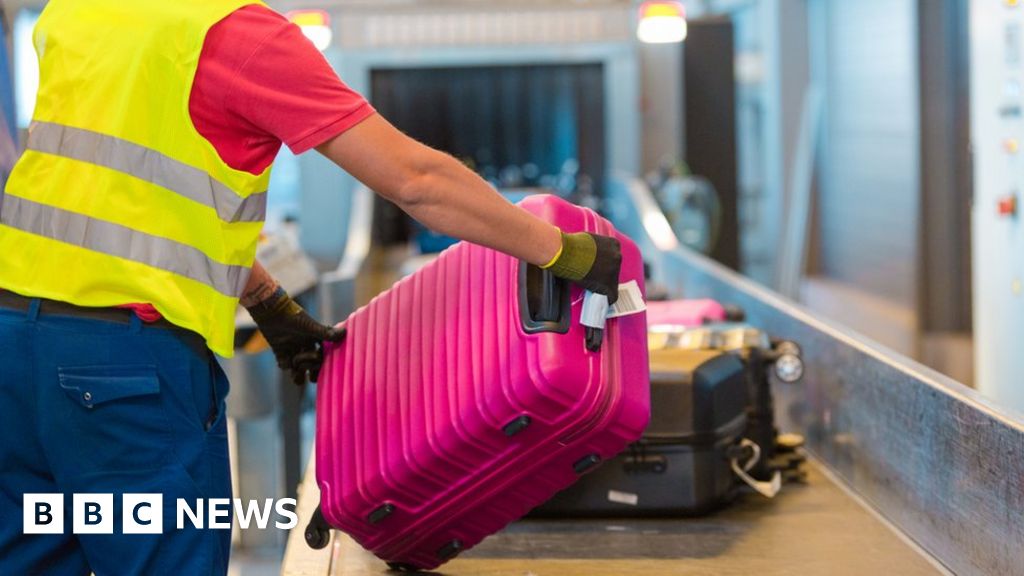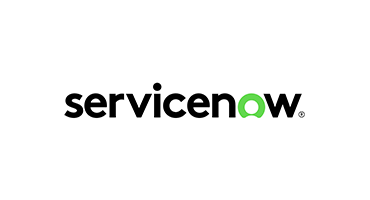Senior Partner at the Winston Agency, a FINN Partners Company, specializing in sustainability communications and advocacy.
When it comes to slowing the warming of the planet, incremental change isn’t good enough.
That’s the passionate point of view of a group of Gen Zers studying sustainability at my alma mater, Northwestern University, who I heard from recently while I had the privilege of evaluating their final student projects.
It’s an uncompromising position, but hardly the folly of youth. After all, this is the generation whose young adult lives today are being shaped by the changing climate. Extreme heat and flooding are wreaking havoc on their communities, they’re experiencing dangerously poor air quality caused by wildfires fueled by severe droughts, and they’re dealing with a crushing mental health burden from the onslaught of climate news on social media. Between 2030 and 2050, by the time Gen Z is middle-aged, estimates from the World Health Organization note that “climate change is expected to cause approximately 250,000 additional deaths per year, from malnutrition, malaria, diarrhea and heat stress.”
So, Gen Z’s line-in-the-sand posture is understandable. But it’s complicated. Because, in the urgency to address this global challenge of our time, the path forward must be achievable, safe and, like all life-saving measures, it must do no more harm.
History-making breakthroughs and innovation, at scale, that have lasting impacts don’t just happen overnight. R&D takes time. And regulatory and compliance requirements must be met (sometimes frameworks must even be built) to ensure success. It’s worth noting that one of our most important antidotes, penicillin, was invented in 1928, but it took decades to find a path for purification so the drug could be used clinically—and not because of inertia of interest. It’s just that science—good science—takes time and oversight.
But hope is not lost for my new Gen Z friends. While there is the reality that changes from the sectors responsible for 30% of global GHG emissions (which will have the biggest impact on climate)—petrochemical, gas, transportation and other heavy industry—cannot move at the pace that change is needed, there is a steady, reliable way toward a decarbonized future.
It starts with an “all options on the table” mindset and acknowledgment that many small-cap and mid-cap sectors of business are making meaningful progress and delivering impressive innovation aimed at more renewable or regenerative solutions with a reduced carbon footprint.
These product and process improvements shouldn’t be overlooked. Just look at how nature-based solutions are reducing the use of petroleum-based inputs in packaging, building materials and even apparel. Plant and other nature-based inputs can be grown and harvested indefinitely, unlike scarce and finite fossil fuel-based inputs.
And while the moonshot to address energy consumption generally is underway, increasingly we see efforts to successfully manage our use more efficiently. For example, today’s cloud-based technology, which will only continue to grow, is reliant on farms and farms of data centers that are notorious for the amount of energy required for processing and cooling needs. But solutions exist today to improve airflow and reduce leakage within these structures, helping reduce energy use.
Let’s not forget, too, our changing social behaviors to recycle more, drive less or eat vegetarian. While these efforts alone will not ensure warming stays below 1.5C, make no mistake, they matter. According to the nonprofit organization Recycle Across America, “When U.S. recycling levels reach 75%, it will be the environmental and CO2 equivalent of removing 55 million cars from U.S. roads each year.” We’re at about 32% now, and we were at less than 7% in 1960, based on U.S. EPA data.
The more progress that is made by the businesses and society that surround the hard-to-abate sectors, the more pressure there is on this core to take action. We create a collective tipping point. Is it incremental? Sometimes yes; sometimes no. But it is steady and reliable, and that’s something worth acknowledging.
Forbes Agency Council is an invitation-only community for executives in successful public relations, media strategy, creative and advertising agencies. Do I qualify?
Credit: Source link










